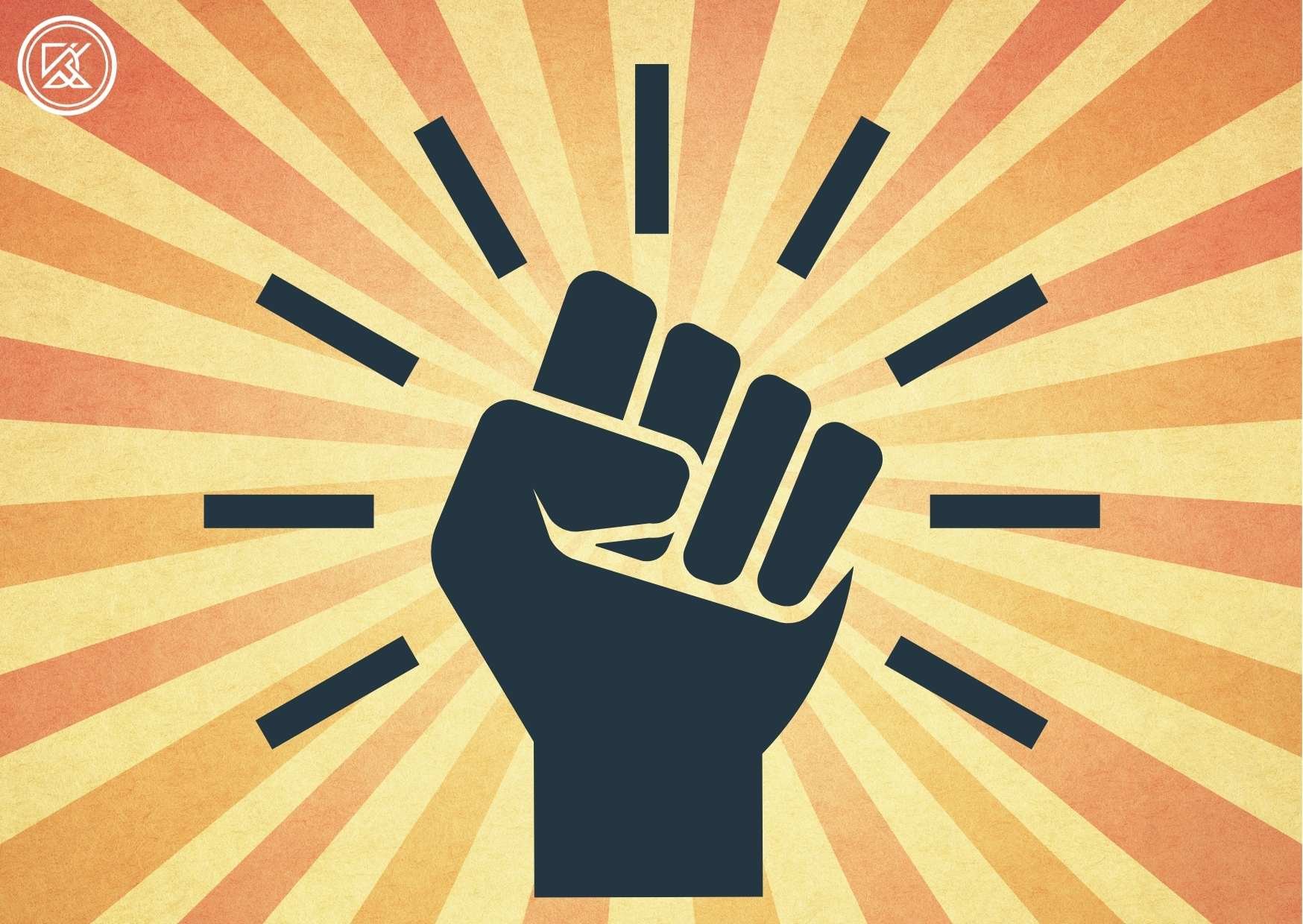Free Will - An Illusion or Not?
For millennia, the question of free will has haunted humanity. It is a fundamental puzzle at the intersection of philosophy, neuroscience, and psychology. Are we truly in control of our choices, or are our lives merely preordained by past events and neurological impulses?
What is free will?
Free will, in its simplest form, is the ability to choose independently and control our own actions. It suggests we have agency over our lives, like choosing to drink coffee because “we decided” to. Opposing this is determinism, the idea that every event, including our choices, is predetermined by a chain of causality. Every action is a consequence of past events, so it is probably because your body remembers how good it felt when you had caffeine in the past.
The dilemma: Are we puppets or masters?
It seems intuitive to believe in free will, as we constantly make decisions. Yet, consider a puppet: its actions are dictated by the pull of strings, not its own free will. Similarly, we too are influenced by various “invisible strings” – biological, environmental, and even psychological factors. Our brains hold vast amounts of data from past experiences, shaping our choices through a process called “causal determinism.” Just like predicting a falling ball’s trajectory based on the force that launched it, our actions are similarly linked to past events. Even slight changes in the past can drastically alter the present, suggesting that our sense of free will might be an illusion.
What does neuroscience tell us about free will?
In 1964, groundbreaking research at the University of Freiburg shed light on the brain’s role in our actions. The “Bereitschaftspotential” experiment revealed that our brains start working on something before we even realize it. This means that some of our decisions are actually made without us being fully aware of them. Scientists can even use this brain activity to predict what choices we might make before we actually make them. This discovery really makes us question whether or not we really have free will.
Factors that affect the choices we make
Our choices are influenced by a multitude of factors, including:
The people around us, our environment, and even seemingly minor details can subtly shape our preferences and decisions.
Our present is shaped by our past. The series of events we have lived through inform our brain’s calculations and decision-making, meaning small changes in our past could drastically alter our present and future actions.
Our genes play a significant role in personality and behavior. Additionally, our bodies are complex systems governed by the laws of physics, leaving little room for truly random outputs from the brain.
Moral responsibility in a deterministic world
If our actions are predetermined, does moral responsibility even exist? Can someone be held accountable if they have no control over their choices? This challenges our traditional notions of reward and punishment. Take a murderer, for example. While their actions are heinous, their past traumas might have shaped them in ways that made killing seem “normal.” Had they received different experiences, their path could have been entirely different. This raises questions about our current treatment of criminals. Should punishment solely focus on protecting society, rather than retribution based on the assumption of free will?
What do I think of free will?
The discussion of free will forces us to confront the complexities of our reality. Seemingly simple questions can lead to surprising answers. By critically examining the concept, we can open new avenues for understanding ourselves and our world. While the evidence suggests we may not be the sole authors of our choices, the journey of exploring this concept is itself valuable. It reminds us that reality is often nuanced and complex, and that embracing the unknown can lead to deep understanding.






